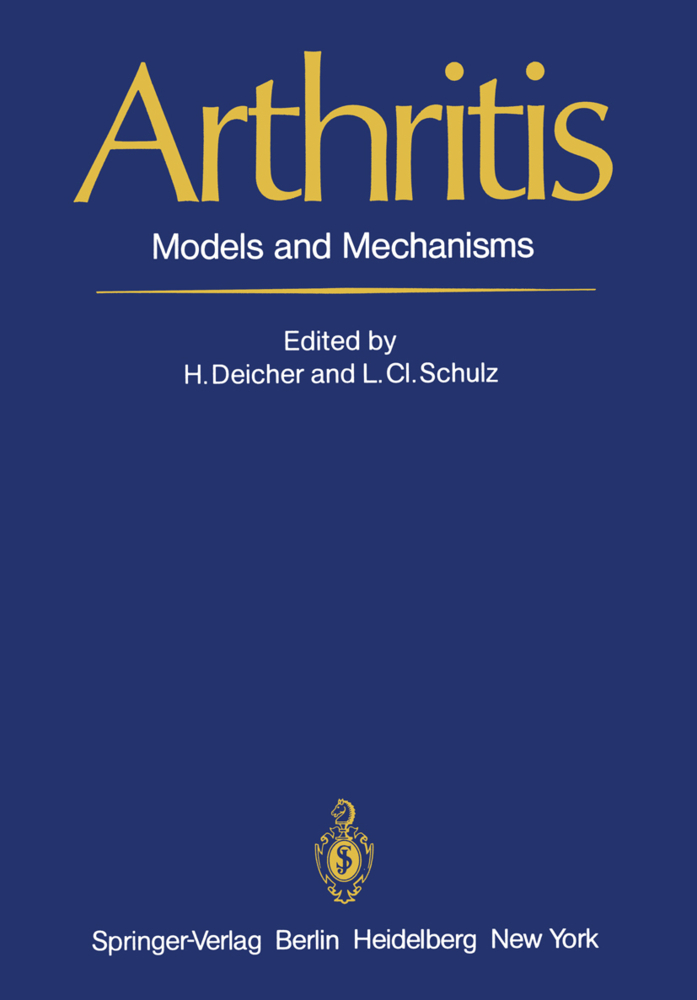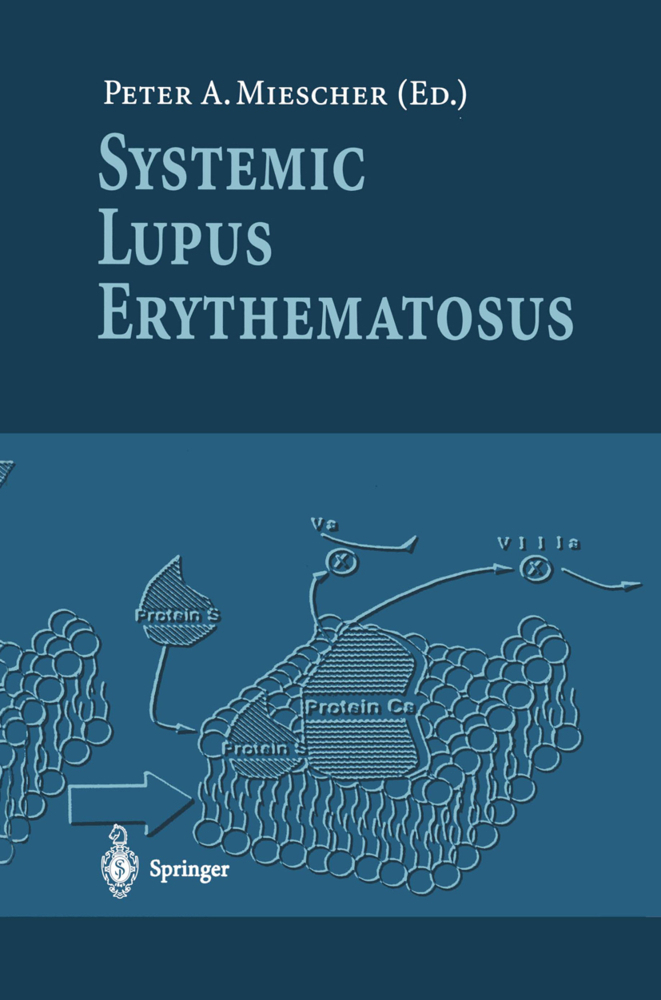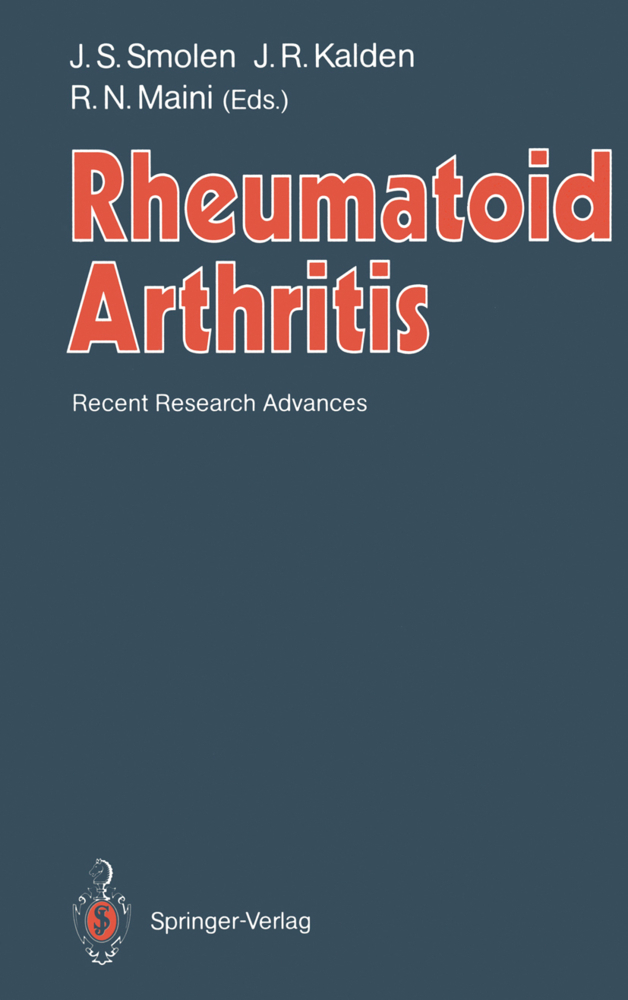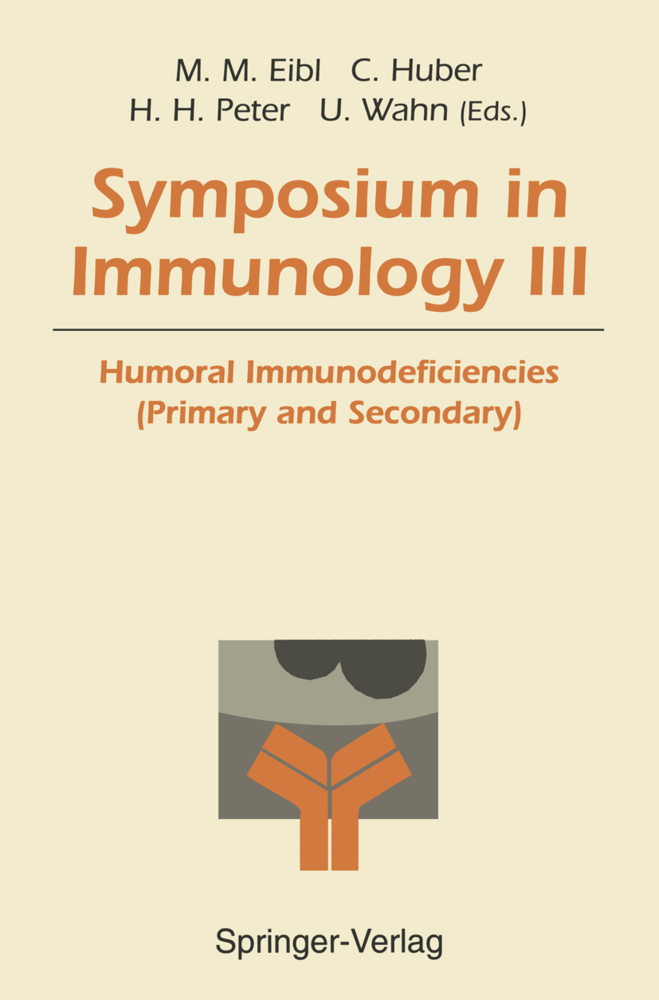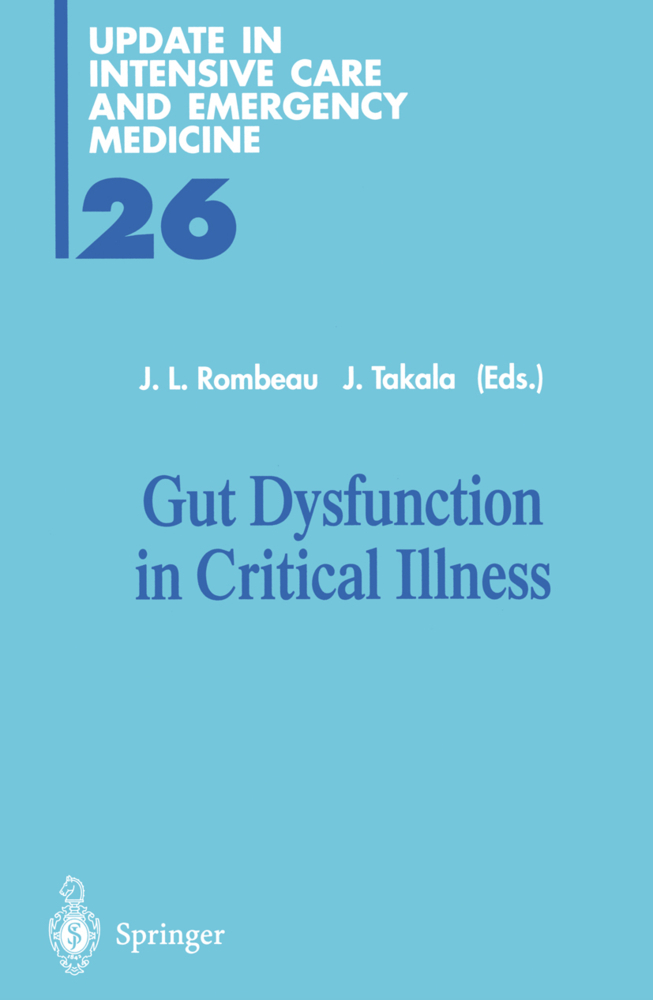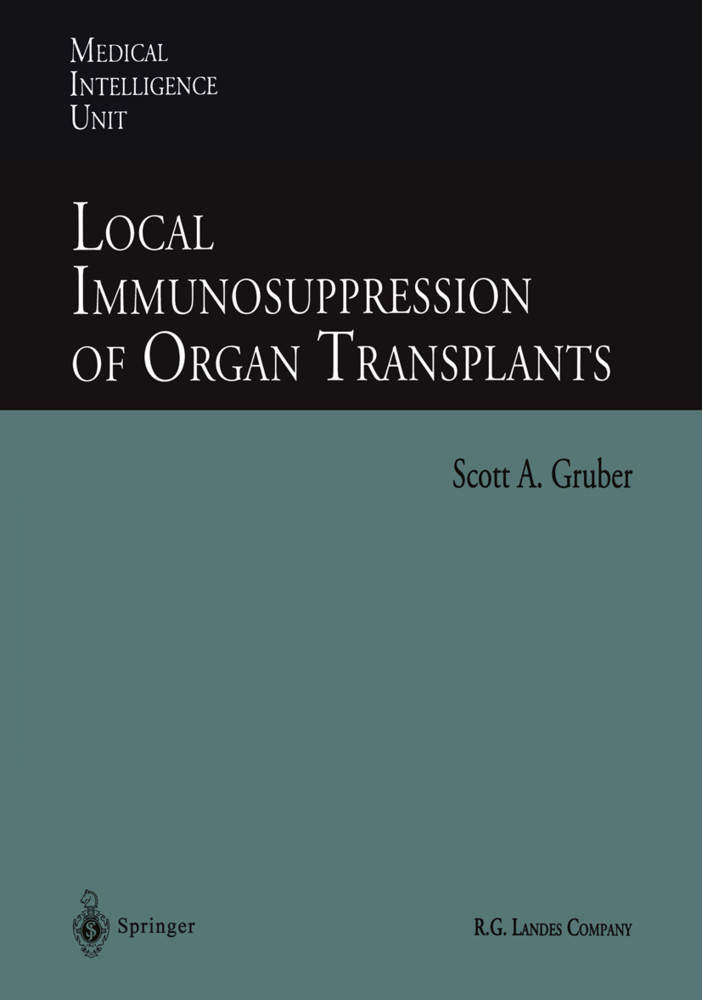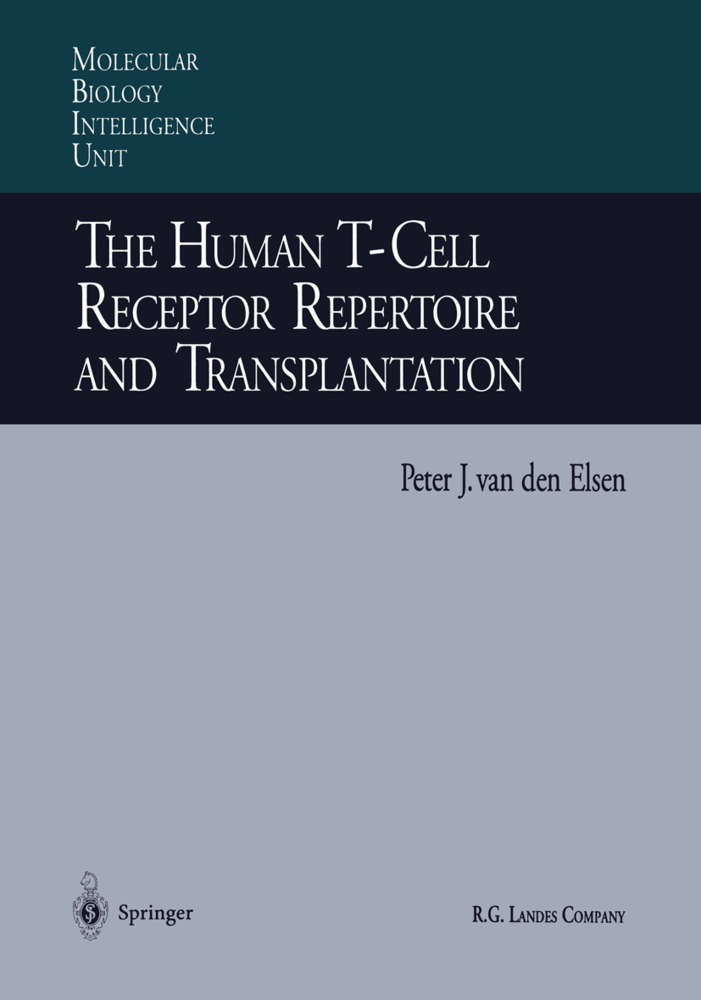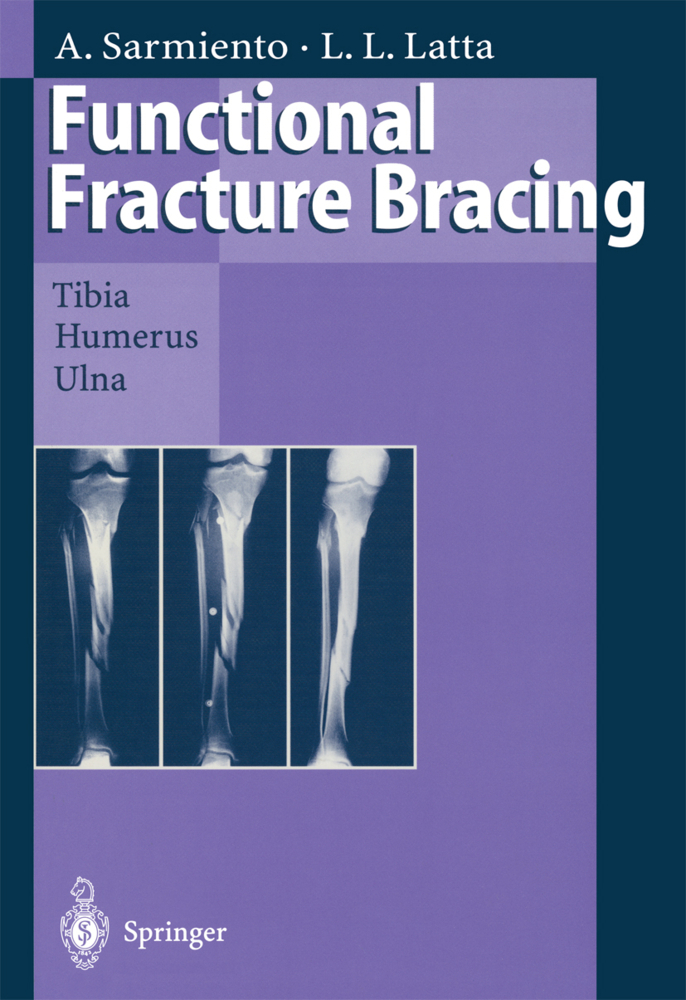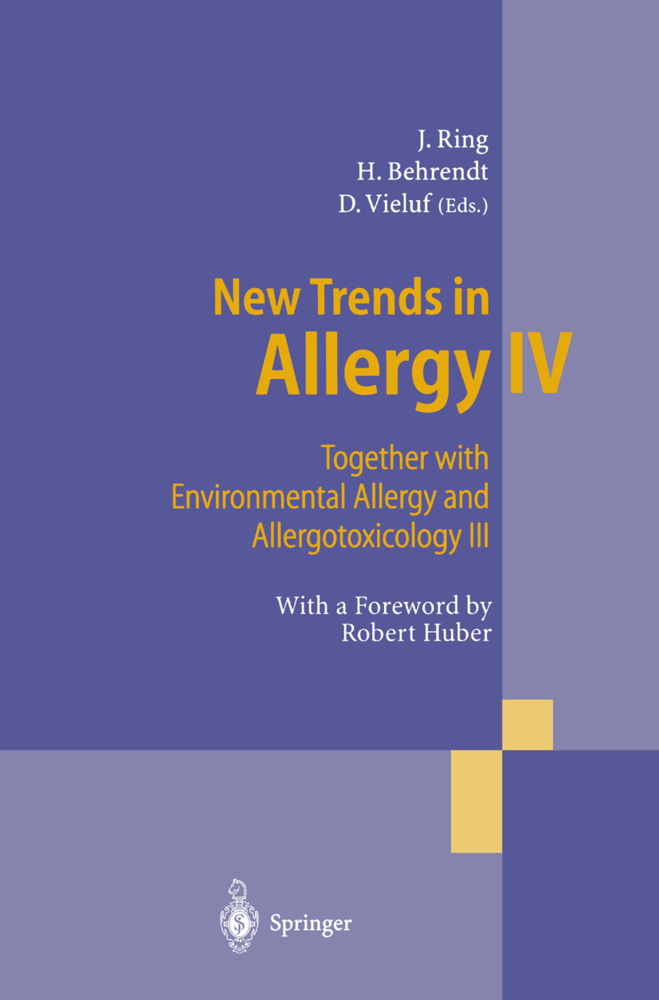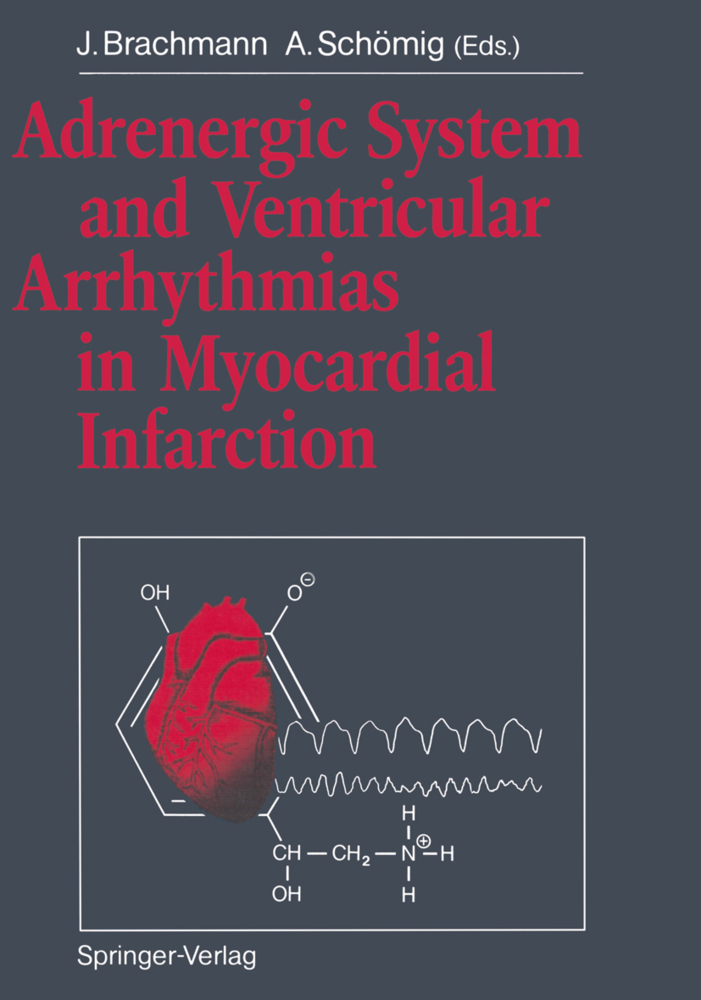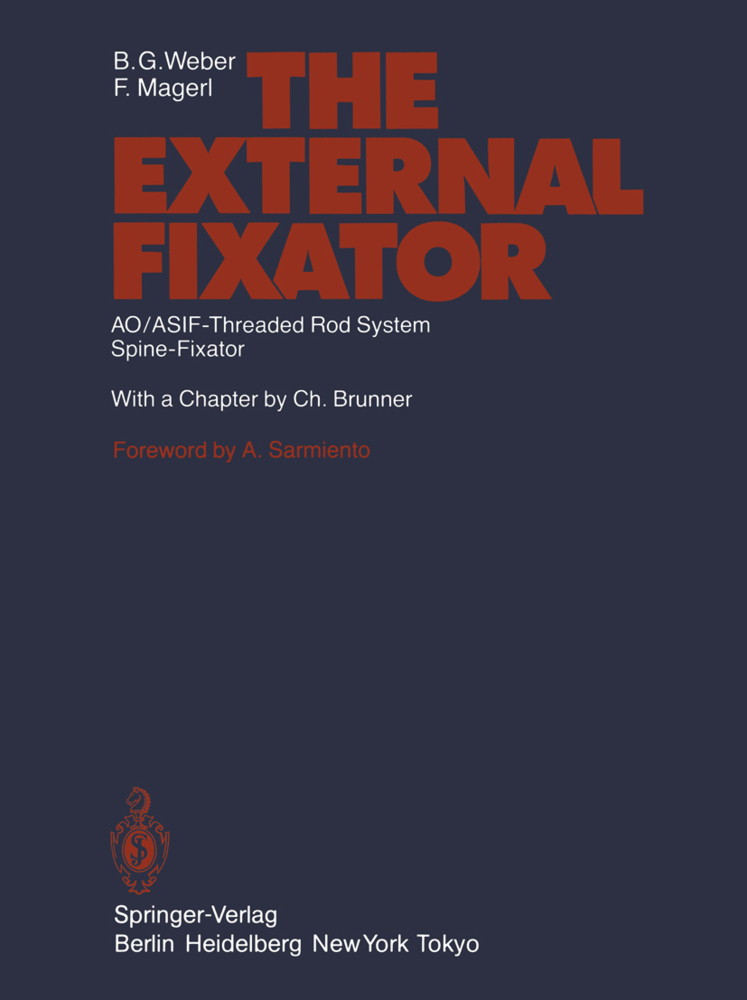Arthritis
Models and Mechanisms
Arthritis
Models and Mechanisms
Rheumatoid arthritis is a common disease, an estimated 1. 5% of the population being under medical treatment for it in European countries and elsewhere. However, to date the origin of this chronic inflammatory disorder has not been elucidated. Evidence for the involvement of microbial agents is still tenuous, the rea son for the defective control of inflammation is still unknown, and the disease all too of ten progresses to crippling stages despite long-term treatment. As T. McKeown recently stated with regard to rheumatoid arthritis, "not enough is even known to indicate which is the more promising approach, and the pru dent course is to investigate both origins and mechanisms". While working on animal model diseases as well as on aspects of rheumatoid arthritis and related disorders in man, the members of the Special Research Area on patho physiology of rheumatoid inflammation in man and. animals (Sonderforschungsbereich 54 "Pa thomechanismen der rheumatoiden Entztindung bei Mensch und Tier"; maintained by the Deut sche Forschungsgemeinschaft) at the Veterinary and Medical Schools, Hannover, have been guided by the concept that by studying clinically and morphologically similar diseases in several species, mutually stimulating results might lead to improved knowledge of the pathophysio logy of rheumatoid arthritis. In particular, from working with model diseases in animals new approaches to the etiology of rheumatoid arthritis might be derived, while detailed knowledge of pathogenetic processes in rheu matoid arthritis could further research in chronic stages of pertinent animal diseases.
The Different Phases of Erysipelothrix Polyarthritis: Comparison with Other Microbial Models
Arthropathic Properties of Peptidoglycan-Polysaccharide Complexes of Microbial Origin
Adjuvant Arthritis: The Role of Microbial Cell Wall Products and Other Substances in the Genesis of Joint Disease in Rats
Discussion: Microbes and Microbial Products in the Pathogenesis of Rheumatoid Inflammation
Erysipelothrix rhusiopathiae-Induced Chronic Polyarthritis in the Dog
Neuraminidase and Other Enzymes of Erysipelothrix rhusiopathiae as Possible Pathogenic Factors
Mycoplasma arthritidis-Induced Polyarthritis in Rats
Vascular Mechanism in Rheumatoid Inflammation
Protracted Shock - A Pathogenetic Factor in Vasculitis and Connective Tissue Proliferation in Animal Models
Pathogenesis of Shock-Induced Pulmonary Fibrosis in Man as a Model of Proliferative Inflammation
Aleutian Disease of Mink: A Systemic Immune Complex Vascular Disease of Viral Origin
Conditions of Vessel Wall Deposition of Immune Complexes in Immunologically Induced Vascular Diseases
Studies on the Vasculopathy of Rheumatoid Arthritis and Its Relation to "Systemic Rheumatoid Disease"
Discussion: Vascular Mechanism in Rheumatoid Inflammation
Enzyme Histochemical Demonstration of Certain Cell Populations in Synovium Using Plastic-Embedded Whole Rat Joints
ImmuneReaction Involved in Rheumatoid Inflammation
Major Histocompatibility Complex Genes and the Genetic Regulation of the Immune Response: Relevance for Rheumatic Disease
Lymphocyte Populations and Subpopulations in Rheumatoid Arthritis
Cellular Immune Reactions in ErysipelasPolyarthritis in Pigs
Lymphocyte Reactivity in Patients with Rheumatoid Arthritis
Immune Complexes and Antiglobulins in Rheumatoid Arthritis
Complement Activation in Rheumatic Diseases: Mechanisms and Consequences
Discussion: Immune Reactions Involved in Rheumatoid Inflammation
Genetic Analysis of Rheumatoid Arthritis: Population and Family Studies
T-Cell-Mediated Immunopathology in Antigen-Induced Arthritis in Mice
Value of Different Immune Complex Assays in the Course of Rheumatoid Arthritis
A Platelet-Release-Inducing Immunoglobulin in Serum and Synovia from Patients with Rheumatoid Arthritis and Systemic Lupus Erythematosus
Biomechanicaland Bio chemical Aspects of Rheumatoid Inflammation
In Vitro Studies on the Metabolism of Human Connective Tissue Cells: Stimulation Factors in the Pathogenesis of Perpetuating Proliferation
Biomechanical Factors and Rheology in Inflammatory Joint Destruction
Biomechanical and Biochemical Problems in Diseases of Connective Tissue
Discussion: Biomechanical and Biochemical Aspects of Rheumatoid Inflammation
Glycosaminoglycans in the Discs of a Single Human Spine: The Distribution Pattern in Anulus Fibrosus and Nucleus Pulposus
Lysosomal Enzymes in Rheumatoid Inflammation: Biomechanical, Biochemical, and Morphological Investigations with Granulocyte Elastase as a Marker for Neutrophilic Polymorphonucleated Cells
New Methods in Synovial Fluid Rheology and Macromolecular Netword Structure.
Microbes and Microbial Products in the Pathogenesis of Rheumatoid Inflammation
Infectious Agents in the Pathogenesis of Arthritis SyndromesThe Different Phases of Erysipelothrix Polyarthritis: Comparison with Other Microbial Models
Arthropathic Properties of Peptidoglycan-Polysaccharide Complexes of Microbial Origin
Adjuvant Arthritis: The Role of Microbial Cell Wall Products and Other Substances in the Genesis of Joint Disease in Rats
Discussion: Microbes and Microbial Products in the Pathogenesis of Rheumatoid Inflammation
Erysipelothrix rhusiopathiae-Induced Chronic Polyarthritis in the Dog
Neuraminidase and Other Enzymes of Erysipelothrix rhusiopathiae as Possible Pathogenic Factors
Mycoplasma arthritidis-Induced Polyarthritis in Rats
Vascular Mechanism in Rheumatoid Inflammation
Protracted Shock - A Pathogenetic Factor in Vasculitis and Connective Tissue Proliferation in Animal Models
Pathogenesis of Shock-Induced Pulmonary Fibrosis in Man as a Model of Proliferative Inflammation
Aleutian Disease of Mink: A Systemic Immune Complex Vascular Disease of Viral Origin
Conditions of Vessel Wall Deposition of Immune Complexes in Immunologically Induced Vascular Diseases
Studies on the Vasculopathy of Rheumatoid Arthritis and Its Relation to "Systemic Rheumatoid Disease"
Discussion: Vascular Mechanism in Rheumatoid Inflammation
Enzyme Histochemical Demonstration of Certain Cell Populations in Synovium Using Plastic-Embedded Whole Rat Joints
ImmuneReaction Involved in Rheumatoid Inflammation
Major Histocompatibility Complex Genes and the Genetic Regulation of the Immune Response: Relevance for Rheumatic Disease
Lymphocyte Populations and Subpopulations in Rheumatoid Arthritis
Cellular Immune Reactions in ErysipelasPolyarthritis in Pigs
Lymphocyte Reactivity in Patients with Rheumatoid Arthritis
Immune Complexes and Antiglobulins in Rheumatoid Arthritis
Complement Activation in Rheumatic Diseases: Mechanisms and Consequences
Discussion: Immune Reactions Involved in Rheumatoid Inflammation
Genetic Analysis of Rheumatoid Arthritis: Population and Family Studies
T-Cell-Mediated Immunopathology in Antigen-Induced Arthritis in Mice
Value of Different Immune Complex Assays in the Course of Rheumatoid Arthritis
A Platelet-Release-Inducing Immunoglobulin in Serum and Synovia from Patients with Rheumatoid Arthritis and Systemic Lupus Erythematosus
Biomechanicaland Bio chemical Aspects of Rheumatoid Inflammation
In Vitro Studies on the Metabolism of Human Connective Tissue Cells: Stimulation Factors in the Pathogenesis of Perpetuating Proliferation
Biomechanical Factors and Rheology in Inflammatory Joint Destruction
Biomechanical and Biochemical Problems in Diseases of Connective Tissue
Discussion: Biomechanical and Biochemical Aspects of Rheumatoid Inflammation
Glycosaminoglycans in the Discs of a Single Human Spine: The Distribution Pattern in Anulus Fibrosus and Nucleus Pulposus
Lysosomal Enzymes in Rheumatoid Inflammation: Biomechanical, Biochemical, and Morphological Investigations with Granulocyte Elastase as a Marker for Neutrophilic Polymorphonucleated Cells
New Methods in Synovial Fluid Rheology and Macromolecular Netword Structure.
| ISBN | 978-3-540-10781-1 |
|---|---|
| Artikelnummer | 9783540107811 |
| Medientyp | Buch |
| Copyrightjahr | 1981 |
| Verlag | Springer, Berlin |
| Umfang | XIV, 309 Seiten |
| Abbildungen | XIV, 309 p. 26 illus. |
| Sprache | Englisch |

